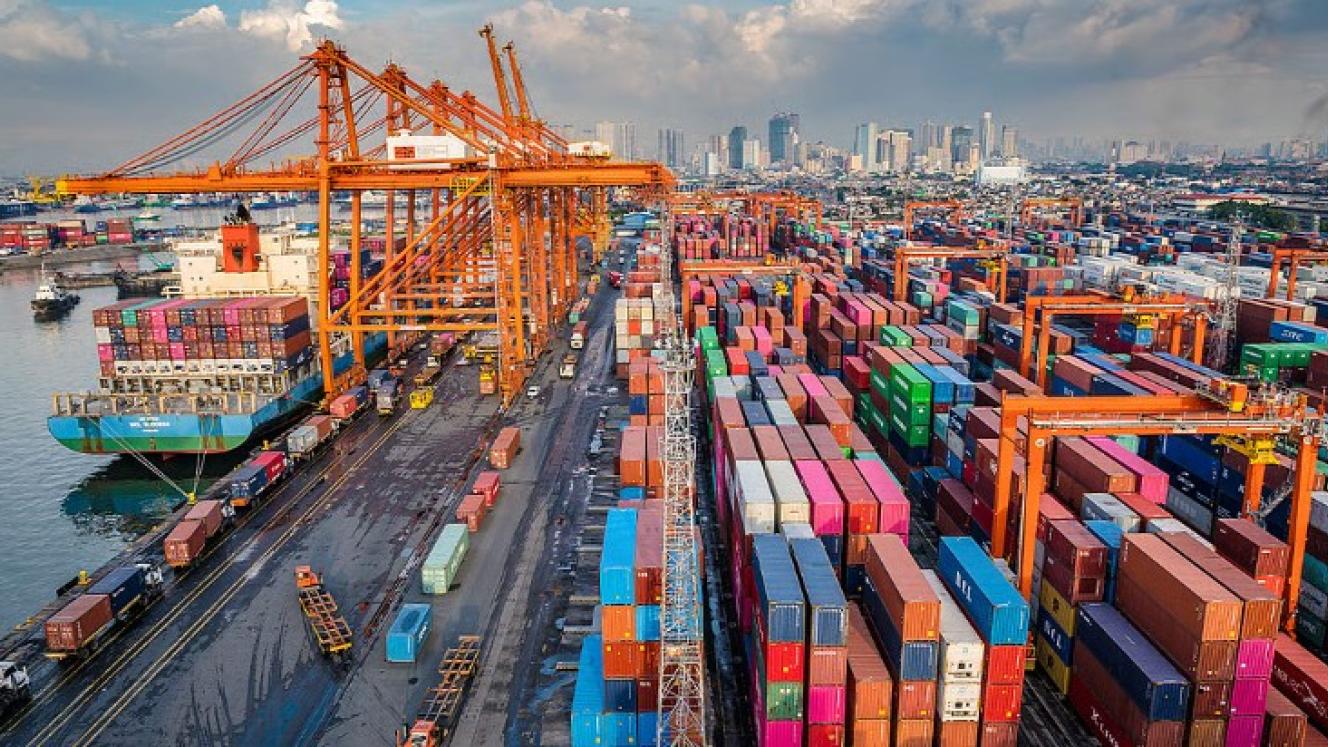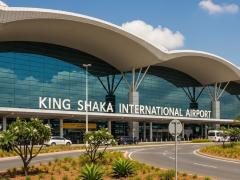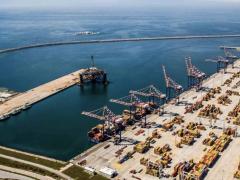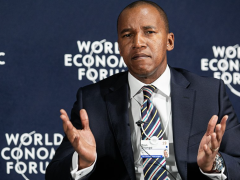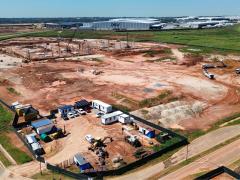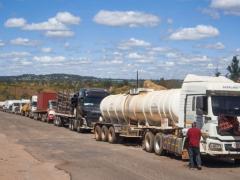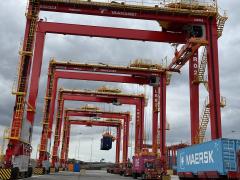The price of diesel, which has doubled since December 2020, will force transporters to raise the cost of their services, leading to a ripple effect of price inflation throughout the economy and stifling festive season spending.
This was the warning from Road Freight Association CEO Gavin Kelly following the latest raft of fuel price hikes on November 2. The cost of diesel for transporters increased by R1.42 for 500ppm and R1.43 for 50ppm, raising the prices to R25.49 and R25.75 per litre respectively. The price of both grades of petrol - 93 and 95 - rose by 51 cents per litre.
The Central Energy Fund (CEF) attributed the price hikes to rising international fuel prices and the weakened rand.
Kelly contextualised the latest price hikes, noting that diesel cost R12.15 in December 2021 and R21.78 (50ppm) in January 2022.
"Diesel has doubled (increased by 100%) since December 2021. Road freight transporters use – in the main – diesel as the energy source for their vehicles. They need to increase their pricing to cover the ever-increasing cost of diesel, and there are transporters who will not be able to carry on. This will be driven by the transporters’ need to fund operations) whilst only being paid months after the work has been done, in some cases up to three months afterwards,” Kelly said.
“In the meantime, the next load needs to be moved, and so on, and that all needs fuel for the vehicles. There just aren’t limitless reserves of cash to continue the high level of fuel expenditure against the delayed payment for work already done.”
Kelly said more and more businesses were facing financial stress and going into debt rescue.
“Customers/businesses will reduce volumes to be transported or even curtail stock movement, depending on consumer consumption levels. Transporters will feel this impact on their businesses. Many transporters will not be able to muster the guarantees required for purchasing fuel on credit… whilst others just don’t have any cash to carry themselves for 90 days,” Kelly said.
He added that the continuous increases in the price of diesel were driving up the cost of logistics, which would be passed on to consumers.
“Fuel breached the 55% mark in daily operating costs during the third quarter of the year, and now, as we head into the final month of 2022, are already hovering around 60%. That’s a cost to company that cannot be borne by the company. That cost will, in most cases, be borne by the consumer. You and I will pay more for everything. From food to fuel, from clothing to electronic goods, and everything in between. Prices will rise, some immediately, but more so, a domino effect will ensue,” he said.
Transporters that cannot afford to carry loads at the rates or prices customers are prepared to pay, are likely to close down.
“More business closures, more unemployment, less business and revenue driven through the transport sub-sector industries, and of course, higher prices at the till. As we have experienced, the Reserve Bank has aggressively increased the repo rate in an attempt to restrict the inflation monster, and signs are pointing to another stiff repo rate increase in November - at least 50 basis points, if not another 75 basis points,” Kelly said.
Higher interest rates and costs for goods and services will grip the consumer in the tightest financial squeeze just before the festive season, when many retailers rely on generating income to carry them through the financial year.
“This will not be as bountiful as it has been in the past and there are many consumers who will stay at home and cut the lavish spending associated with the festive season,” Kelly said.

